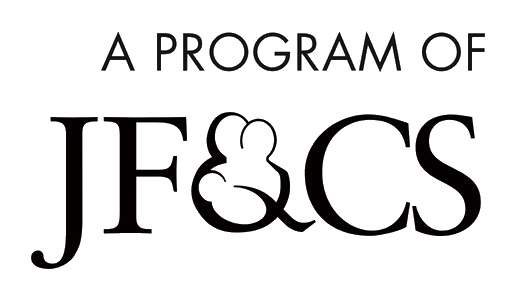Resources
Why Hire A Geriatric Care Manager? by Jane Gross. Answers complicated questions about aging life care and when it's time to find a manager.
The Way We Age Now: Atul Gawande in The New Yorker Medicine has increased the ranks of the elderly. Can it make old age any easier? A look at the novel nature of aging in the 21st century.
Letting Go of My Father: Jonathan Rauch in The Atlantic The author found himself utterly unprepared for one of life’s near certainties—the decline of a parent. Millions of middle-aged Americans, he discovered, are silently struggling to cope with a crisis that needs to be plucked from the realm of the personal and brought into full public view.
Taking Care of Aging Family Members, by Wendy Lustbader and Nancy R. Hooyman, The Free Press, 1994. Billed as a "practical guide", this book is just that. The authors anticipate all the logistical and emotional surprises and traps that family members can get caught in. There are many charts, additional reading lists, and instructive subheadings in each chapter. (The cost for services indicated in the book are outdated.)
The Eldercare Handbook: Difficult Choices, Compassionate Solutions, by Sheila Mora Henry. Harper Collins, 2006. This is a comprehensive and clear guide designed to help family members understand the issues around providing care to aging parents. The author is a registered nurse who draws on both her years of experience as a nursing home administrator and her own work caring for two parents with Alzheimer’s disease. Henry starts at the beginning of the disease, when family members feel that “something is wrong” and carefully explains all of the steps and many of the systems that care partners will encounter along the way. This is an excellent “how-to” book for families facing the task of caring for an older adult.
Circles of Care: How to Set Up Quality Home Care for Our Elders, by Ann Cason, Shambhala Publications, 2001. A step-by-step instruction guide on how to set up in-home care, filled with true-to-life examples, warmth, and humor. Cason recognizes that every individual who comes in contact with an older adult, whether it’s the postman or the physician, is part of the circle of care. Topics range from how to assemble a care team and how to give a sponge bath to how to deal with difficult behaviors and how to let go at the time of death.
The Hard Questions for Adult Children and Their Aging Parents, by Susan Piver, Gotham Books, 2004. One hundred questions ranging from the practical – do you have a will? – to the emotional – is there anything you want to be remembered for? – for both adult children and parents to ask themselves and each other. In workbook form with room to write in the answers, this simple and easy to use book has a depth of understanding and compassion that helps families face these issues with gentleness and courage.
Caring for Your Parents: The Complete AARP Guide, by Hugh Delehanty and Elinor Ginzler, AARP Books/Sterling Publishing Co., Inc, 2005. This book is a good resource guide for adult children. Many issues are covered including the Medicare maze, choosing a geriatric care manager, and taking care of the care partner. The first section has some excellent tips on managing family relationships, working out issues with siblings, and locating quality health care.
The Majesty of Your Loving: A Couple’s Journey Through Alzheimer’s, by Olivia Ames Hoblitzelle, Green Mountain Books, 2008. In this wise and thoughtful book, Mrs. Hoblitzelle invites the reader to accompany her and her husband as they experience the changes brought about by his Alzheimer’s disease. The author presents the losses and challenges of Alzheimer’s from her husband’s point of view in a way not often seen in a book of this type. She looks clearly at the issues with a compassion that is both helpful and hopeful to others caring for those with a dementing illness.
Learning to Speak Alzheimer’s, by Joanne Koenig Coste, Houghton Mifflin Company, 2003. This a great, readable book for professionals and family members alike. Written in everyday language, the book is filled with practical advice and suggestions for making the world of people with Alzheimer’s and their care partners more manageable. Koenig Coste advocates for the habilitation model, focusing on positive interactions, capabilities, and successes rather than the frustrations and burden of caregiving.
Still Alice, a novel by Lisa Genova, Simon & Shuster, 2009. Ms. Genova, a Harvard-educated neuroscientist living in Massachusetts, centers her story on Alice Howland, a Harvard professor who develops Alzheimer’s disease while only 50 years old. Though the book is fiction, Ms. Genova describes the changes and losses of Alzheimer’s from Alice’s point of view. Through her, the reader is able to understand very clearly what it must be like to live inside the disease at different stages. Though everyone familiar with Alzheimer’s disease knows the end of this particular story, by the end of the novel, the reader understands that people living with this disease can add much to the lives of those who remain behind.
Making the Connection Between Brain and Behavior: Coping with Parkinson's Disease, by Joseph H. Friedman, MD, Demos Health, 2008. An expertly written and very readable book that highlights the cognitive and behavioral challenges of Parkinson's disease that are so challenging for families. Includes current scientific information as well as practical approaches.

